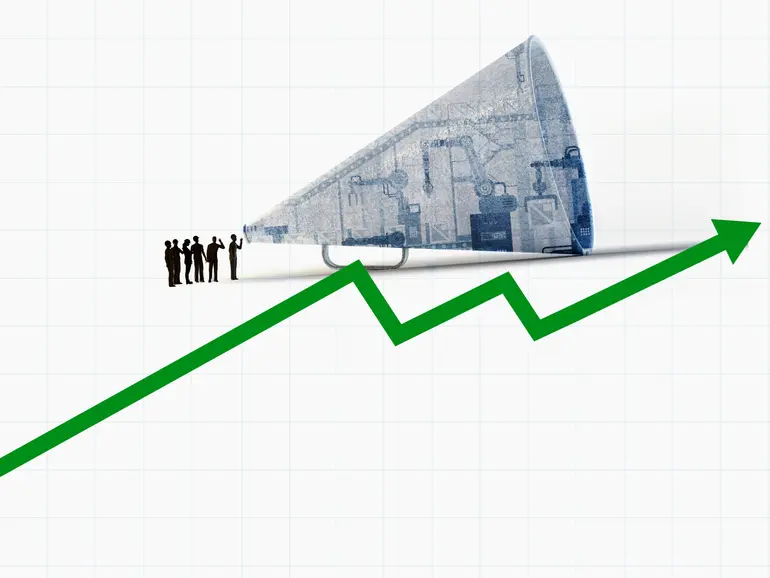For manufacturers, listening to workers pays off in productivity
Companies that act on input from front-line employees pay their workers more and experience a productivity bump that offsets those costs.

Faculty
Nathan Wilmers is the Erwin H. Schell Associate Professor of Management and an Associate Professor of Work and Organization Studies at the MIT Sloan School of Management. He is in the core faculty of the Institute for Work and Employment Research and affiliated with the Economic Sociology program. For the most up-to-date information on his research, please see his personal website at www.nathanwilmers.com.
Wilmers researches wage and earnings inequality, economic sociology, and the sociology of labor. In his empirical research, he studies how wage stagnation and rising earnings inequality result from weakening labor market institutions, changing market power, and job restructuring. More broadly, he is interested in bringing insights from economic sociology to the study of labor markets and the wage structure. His research has been published in Administrative Science Quarterly, American Economic Journal: Applied Economics, American Sociological Review, American Journal of Sociology, ILR Review, Journal of Labor Economics, PNAS, and Social Forces.
Wilmers holds a BA in philosophy from the University of Chicago and an MA and PhD in sociology from Harvard University.
Wilmers is also currently running a study on research workflows. So if you are an academic and get a recruitment email from wflstudy@mit.edu, please do respond!
Nelson, Dylan and Nathan Wilmers. ILR Review. Forthcoming.
Engzell, Per and Nathan Wilmers. American Journal of Sociology Vol. 131, No. 2 (2025): 322-370.
Lyttelton, Thomas, Dylan Nelson, and Nathan Wilmers, Working Paper. August 2025.
Lyttelton, Thomas and Nathan Wilmers, Working Paper. May 2025.
Gomory, Henry and Nathan Wilmers, Working Paper. May 2025.
Parolin, Zachary, Lukas Lehner, and Nathan Wilmers. Journal of Public Economics Vol. 244, (2025): 105337.

Companies that act on input from front-line employees pay their workers more and experience a productivity bump that offsets those costs.

Additions to the MIT Sloan 2025 – 2026 course list include Intensive Hands-On Deep Learning, AI and Money, and The Arrhythmia of Finance.
At a time when Americans seem split on nearly everything, one of the last places where people from different walks of life still sit side by side may be your local Applebee's. That's the conclusion of a 2023 study by associate professor Nathan Wilmers and co-author, who found that casual-dining restaurants may do more to bring America's divided classes together than churches, libraries, parks, or even schools.
Research suggests that an Applebee's or an Olive Garden might be the last remaining institution that brings together a cross-section of America.
A study found that the profit landlords earn in poor neighborhoods is twice what they earn in rich neighborhoods.
Through Sept, the lowest 10% of workers earned hourly wages that were on average nearly 50% higher than their state’s minimum wages in 2023.